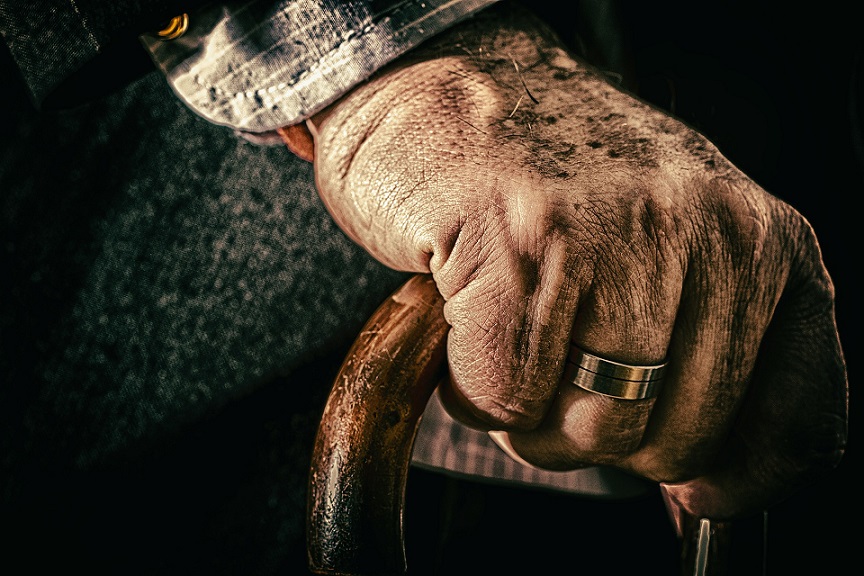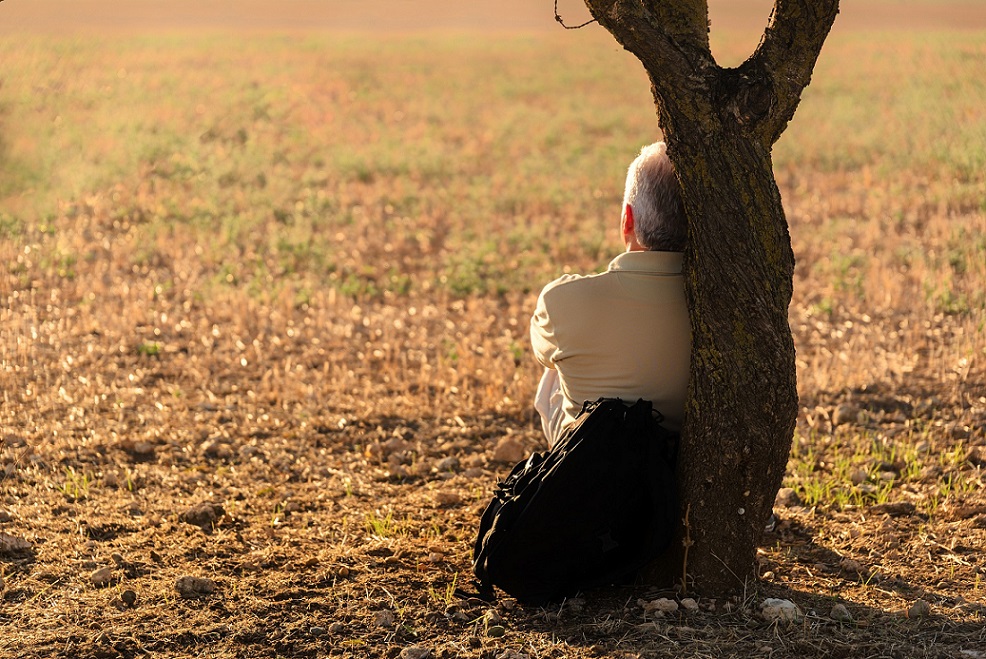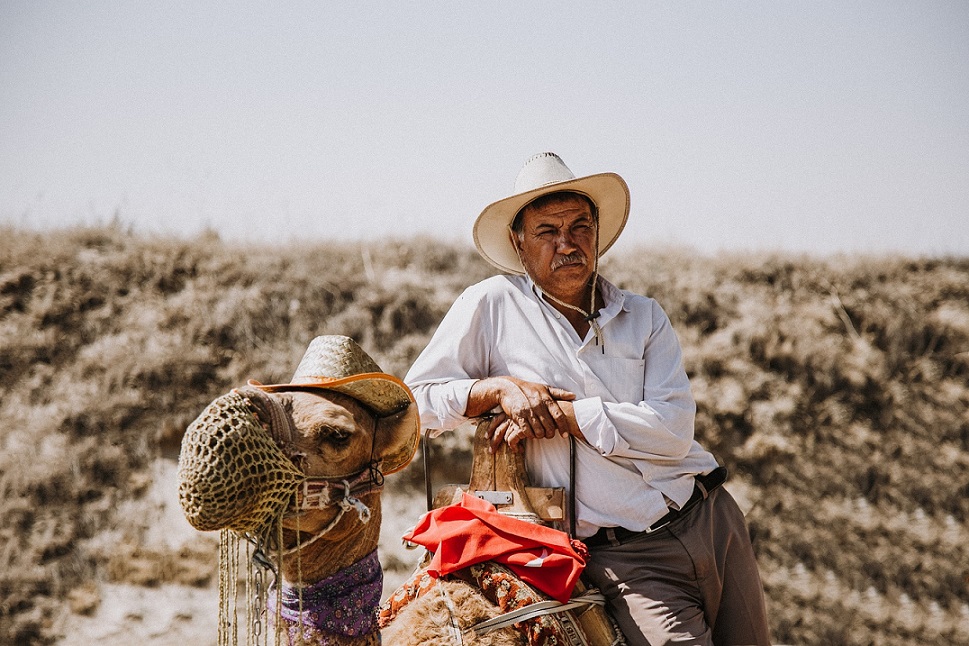In the last 50 years this region has aged at a similar pace to Europe over two centuries. There are two crucial factors in its age-related transformation: the fall in the birth rate and increased life expectancy at birth. Covid-19 has also had an effect on life expectancy.
 Amílcar Morales
Amílcar Morales
The principal demographic phenomenon in Latin America and the Caribbean is the rapid ageing of its inhabitants, in such a way that in 30 years’ time it will have changed from being a young adult society to one of older people.
At present the population aged 60 or more totals 88.6 million, which is 13.5% of the total, but in just eight years’ time, in 2030, that figure will reach 16.5 percentage points.
According to the United Nations Economic Commission for Latin America and the Caribbean (ECLAC), in 2053 the cohort of people aged over 60 will be much larger than all the other age groups.
Among people of the third age, the fastest growing sector is the over 80s who by 2050 will be the majority within that group.
This is not a negative fact or an inevitable demographic misfortune, but rather it is the concrete result of the application of social, economic and cultural rights over recent decades.
With the opening up of opportunities for middle and higher level study and the consequent well qualified employment and professional possibilities, women have acquired at the same time the power to decide over their own reproductive capacity.
 Furthermore, thanks to scientific developments and care for society, people are living longer and in better physical and intellectual conditions.
Furthermore, thanks to scientific developments and care for society, people are living longer and in better physical and intellectual conditions.
Covid and old age
In 2019 life expectancy at birth in Latin America and the Caribbean was on average 75.1 years, with large differences depending on the level of development in each country.
As a result of the health crisis caused by Covid-19, that indicator fell by practically three years – 2.9 to be exact – thus turning our region into the world’s most affected by this cause.
Ecuador suffered the most with a drop of 5.1 years followed by Mexico (-4.1), Bolivia (-3.4), Peru (-2.5), Nicaragua (-2.3) and Colombia (-2.0).
The figure has returned to that recorded 18 years ago and constitutes the largest loss of longevity suffered by our countries in their recent history, according to the findings of the V Regional Conference on Ageing and the Rights of Older Persons held in Chile under the auspices of ECLAC and the UN Population Fund.
Many of those who passed away during the pandemic were elderly adults, a sector where the effects of that crisis were very serious, not only because of their vulnerability to the virus but also due to prolonged periods of isolation, anxiety, solitude and the disruption of their way of life. According to projections, starting from this year there will be a recovery in life expectancy and pre-pandemic levels will return in 2025.
 That depends substantially on the policies applied by each country, especially with regards to the vaccination of their older populations, because the virus is still circulating and variants very different to the original ones are emerging.
That depends substantially on the policies applied by each country, especially with regards to the vaccination of their older populations, because the virus is still circulating and variants very different to the original ones are emerging.
Challenges and opportunities
The age-related transformation suffered by our societies creates large challenges for governments and institutions dedicated to guaranteeing the well-being and health of people, but it also opens up opportunities to take advantage of all the knowledge accumulated through age and experience.
ECLAC’s executive secretary, José Manuel Salazar-Xirinachs, asserts that in the sphere of public policies it is necessary to make access to social protection and quality health services universal among older adults.
There must be a strengthening of the mechanisms of sociodemographic data collection by age, sex, ethnic and racial affiliation, morbidity add disability conditions.
 Beyond providing them with transport through the streets and setting up suitable places for their entertainment and rest, which are important things, older adults must be present in all the sustainable development objectives for 2030.
Beyond providing them with transport through the streets and setting up suitable places for their entertainment and rest, which are important things, older adults must be present in all the sustainable development objectives for 2030.
Instead of being a problem, ageing brings opportunities and these are magnified if the state and institutions guarantee training at all stages of life and not just during part of it, as occurs currently.
This includes closing the digital gap since it is not possible that one part of the population, ever more numerous, is on the margins of new information and communication technologies, hampering their full insertion in modern society.
In addition, access must be provided to the labour market, depending on their conditions, and in this way the experience and knowledge accumulated over a lifetime can be capitalised on, giving them at the same time a sense of usefulness and personal achievement.
(Translated by Philip Walker – Email: philipwalkertranslation@gmail.com) – Photos: Pixabay












.jpg)












